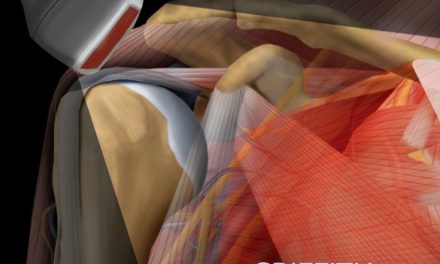 Editors: James E. Fleming and Sanford Levinson
Editors: James E. Fleming and Sanford Levinson
Publisher: New York University Press – 399 pages
Book Review by: Paiso Jamakar
Is there a connection between our evolution as humans, with our ability to think and make choices, and our morality? In other words, as the editors ask: “can theories of evolution explain the development of our capacity for moral judgment and the content of morality itself”?
These are the central questions addressed in this book, with essays by 15 authors, including the two editors of this work.
The two editors – James E. Fleming and Sanford Levinson – teach government and law. James E. Fleming is professor of law at Boston University School of Law, and Sanford Levinson is professor of government and law at the University of Texas in Austin.
It is understandable that when evolution and morality are discussed, questions pertaining to how human brains (e.g. having the ability to make moral choices) are different from those of other primates – or other members of the animal kingdom – crop up.
Issues relating to our being able to differentiate between good and bad behaviors also arise. In such situations, we need experts in many fields to shed light and share their insight. Accordingly, such people have contributed to the discussions on these subjects.
Accordingly, the contributors to the discussions in this volume are professors in various disciplines, including ethics, government, history, law, medicine, philosophy, political philosophy and political science, at various universities around the United States.
The material in this book is from papers presented at the annual meeting of the American Society for Political and Legal Philosophy held in Boston on August 28-29 in 2008. This conference was held in conjunction with the annual meeting of the American Political Science Association.
This book has four parts and 12 chapters. Part I is entitled Naturalistic Ethics; Part II is Law and Behavioral Morality; Part III is named Biopolitical Science; and Part IV deals with issues relating to Nature, Conservatism and Progressivism.
An interesting essay delving into the very heart of finding out if there actually is or is not a relationship between our physical being and our social behavior is Part I, chapter 3, page 100 entitled Missing Heritability: Hidden Environment in Genetic Studies of Human Behavior. This article was written by Jonathan Beckwith, professor of microbiology at Harvard Medical School, and Corey A. Morris-Singer, a PhD graduate (perhaps in genetics but unverifiable as of press time) from the same institution.
In it they discuss current studies trying to find links between certain findings in genetic studies and certain types of human behavior:
“Today, the two main efforts to correlate genetic variation with variations in human behavior are (1) the classical studies of genetically identical twins and (2) research to directly correlate human behavioral variation with alterations of specific sites on the human genome. These two classes of studies are tied together in that the claims for strong heritability of certain behavioral traits derived from twin studies have given confidence to genome researchers that their search for relevant genes will be successful.”
But the very basis of these studies has been profoundly questioned by other scientists. In other words, when one starts an investigative project by assuming that something is already true, and he or she proceeds forward from that basis, the results are at the least, questionable. Beckwith and Morris-Singer point out:
“However the assumptions underlying the twin studies have been repeatedly and seriously challenged, requiring a more tempered view of their conclusions. Furthermore, studies carried out since the human genome was completely sequenced in the year 2000 reveal a much greater complexity than expected in the relationship among genes, the environment, and human traits, including behavior.”
If no genetic link has been found between our physical being and our social, particularly moral, behavior, it is probably premature to talk about the relationship between human physical evolution and our morality. But that does not mean we should close our minds to this inquiry.
Discoveries begin with questions and progress with proven findings. In that respect, this book on evolution and morality is a pioneering effort by the editors of this book James E. Fleming and Sanford Levinson, who should be admired for their courageous effort. We thank them for setting our minds to think about this issue.







